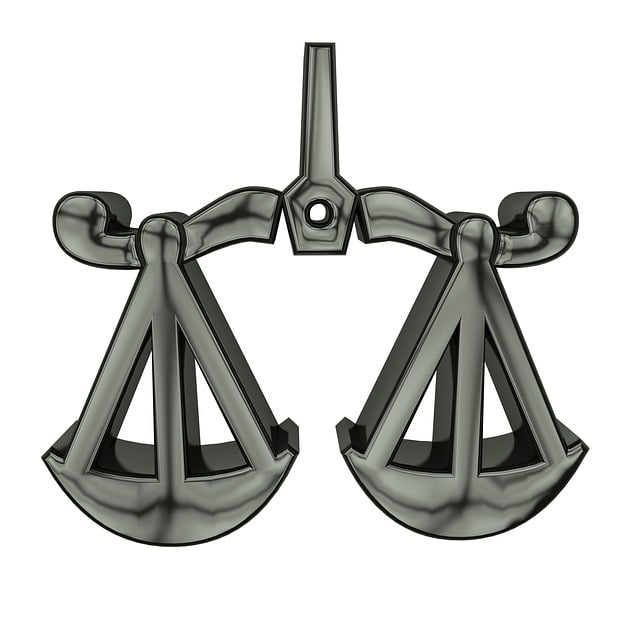C-Level Investigations are crucial in exposing corporate misconduct and setting Legal Precedents in Financial Regulation Disputes. By examining business practices, financial records, and internal communications, these probes hold top leaders accountable for fraud, corruption, and breaches of fiduciary duty. The legal framework involves regulatory bodies like the SEC and statutes such as the Securities Act and Exchange Act, with high-profile trials establishing precedents guiding future cases. Successful defenses can set precedents for fairness, maintaining trust and adherence to industry standards.
In the dynamic landscape of corporate governance, C-Level Investigations play a pivotal role in uncovering and addressing corporate wrongdoings. As businesses navigate complex legal frameworks, financial regulation disputes demand meticulous scrutiny. This article delves into the intricacies of C-Level investigations, examining how they set legal precedents in financial regulation disputes. By exploring key aspects such as legal frameworks and high-level cases, we uncover best practices for effective investigation strategies.
- C-Level Investigations: Uncovering Corporate Wrongdoings
- Legal Framework for Financial Regulation Disputes
- Setting Legal Precedents in High-Level Cases
C-Level Investigations: Uncovering Corporate Wrongdoings
C-Level Investigations, also known as executive-level probes, are becoming increasingly prevalent in today’s business landscape. They serve as a powerful tool for uncovering corporate wrongdoings and ensuring accountability at the highest levels. These investigations delve into complex issues, including fraud, corruption, and breaches of fiduciary duty. With the rise of global business operations and intricate financial structures, legal precedents in financial regulation disputes have become more critical than ever.
The process involves a meticulous examination of respective business practices, financial records, and internal communications. By employing specialized investigators and legal experts, these inquiries can navigate the labyrinthine aspects of corporate governance. The ultimate goal is to achieve extraordinary results—holding wrongdoers accountable, recovering losses, and setting new standards for ethical conduct. Through robust jury trials and comprehensive evidence, C-Level Investigations have the potential to reshape business practices and create a more transparent and fair corporate environment.
Legal Framework for Financial Regulation Disputes
The legal framework governing financial regulation disputes is a complex web of regulations, laws, and precedents designed to protect investors, maintain market integrity, and prevent fraudulent activities. At the heart of this framework are regulatory bodies like the Securities and Exchange Commission (SEC) in the United States, which enforce laws such as the Securities Act and the Exchange Act. These legal tools empower authorities to investigate and penalize entities involved in white-collar and economic crimes, including fraud, insider trading, and money laundering.
Legal precedents in financial regulation disputes play a pivotal role in shaping future cases. The outcomes of high-profile trials establish important guidelines for how courts interpret and apply the law, serving as references for both prosecutors and defendants in similar situations. Understanding these legal precedents is crucial for those involved in white-collar defense strategies, as it helps navigate the complexities of general criminal defense while ensuring compliance with financial regulations.
Setting Legal Precedents in High-Level Cases
In the realm of high-level investigations, particularly at the C-suite level, setting legal precedents is paramount. When a company or individual faces allegations in financial regulation disputes, every step of the investigative and enforcement process is scrutinized. This includes the initial decision to launch an inquiry, the gathering and analysis of evidence, and ultimately, the resolution. The outcome can significantly influence future cases, creating legal precedents that guide similar investigations and ensure fairness across the board.
A successful defense in these cases often results in a complete dismissal of all charges, setting a precedent for how regulatory bodies approach similar situations. This not only protects the rights of the accused but also ensures that investigative practices remain balanced and proportional. Such precedents are vital to maintaining a level playing field, fostering trust in the system, and encouraging adherence to regulatory standards in all respective businesses.
The launch of C-level investigations marks a significant step in uncovering and addressing corporate wrongdoings. By strengthening the legal framework for financial regulation disputes, these probes set the stage for establishing powerful legal precedents in high-level cases. As these developments evolve, they not only enhance accountability but also serve as a stark reminder that no one is above scrutiny, especially when it comes to Legal Precedents in Financial Regulation Disputes.






